Lamentations (Then and Now)
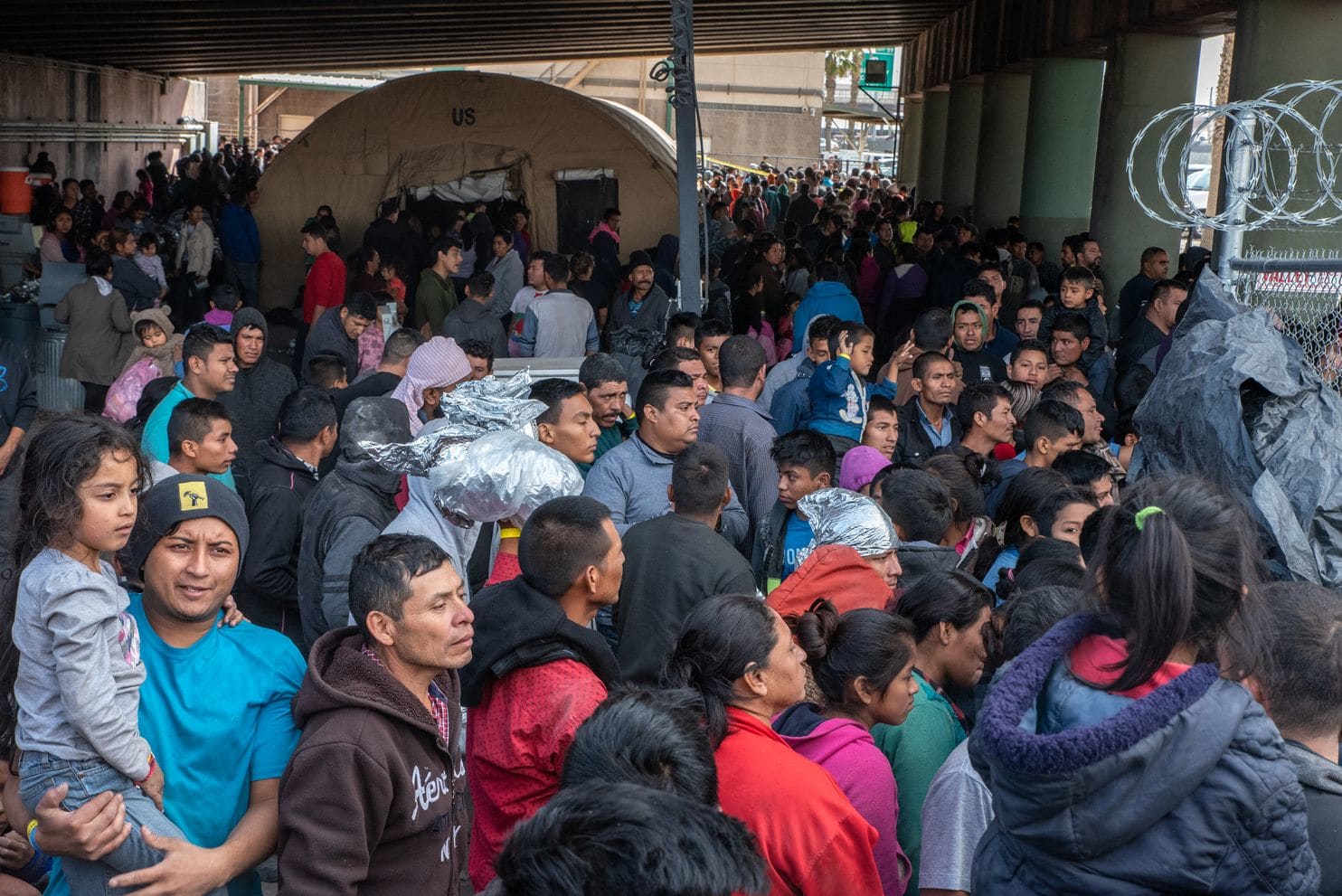
This responsive reading is intended for congregational use during Tisha b’Av. Most of these words come directly from refugee testimonies (citations below). They have been shaped into the form of a prayer, but have not otherwise been edited in any way. The indented lines are from the book of Eicha / Lamentations.
In reciting this prayer together, we bring the words of today’s refugees into our own mouths. May speaking these words galvanize us to build a world of justice, so that we can make manifest Tisha b’Av’s promise of redemption.1
Lamentations (Then and Now) [pdf]
Rabbi Rachel Barenblat
Lamentations (Then and Now)
Hear, all you peoples,
And behold my agony:
My girls and my boys
Have gone into captivity! (1:18)
They told me, ‘you don’t have any rights here,
and you don’t have any rights to stay with your son.’
I died at that moment. They ripped my heart out of me.
For me, it would have been better if I had dropped dead.
For me, the world ended at that point.
How can a mother not have the right to be with her son? 2
I raised my grandchild since she was little…
They didn’t tell me why they were taking her.
They just told me they were going to separate her from me…
My granddaughter calls me mommy.
And she told me [by phone], ‘mommy, I want to be with you
on mother’s day.’ She just wants to be with me. 3
The way they treat us, I cannot survive for long.
The officers don’t respect us for who we are – because of our skin…
The way we are exposed to sickness,
not being able to go outside.
We need the wind. And the water we are using
is not good enough to shower or drink. 4
At Ursula, we are kept in a cage. It is very crowded.
There is no room to move without stepping over the others.
We have to sleep on the cold, concrete floor.
The lights are on all the time.
My sisters keep asking me, ‘when will mommy come get us?’
I don’t know what to tell them. 5
I have not been told how long I have to stay here.
I am frightened, scared, and sad.
I have a cold and cough. I have not seen a doctor or been given any medicine.
It is cold at night when we sleep.
We have not been able to shower.
The toilet is out in the open in the cage, there is no privacy.
There is no soap to wash our hands.
We have not been given a toothbrush or toothpaste to brush our teeth.
They keep asking their mothers,
“Where is bread and wine?”
As they languish like battle-wounded…
As their life runs out
In their mothers’ bosoms. (2:12)
When we arrived they took the clothes my baby was wearing.
We were not given any food or water or anything to drink.
We were put into a cage filled with loads of people. Too many to count.
There was nowhere to sit there were so many people.
One of the other boys got into trouble
and he was taken to the freezer box as a punishment.
I am in a room with dozens of other boys. Some are 3 or 4 years old.
Right now there is a 12-year-old who cries a lot. Others try to comfort him.
One of the officers makes fun of those who cry.
It is cold at night in our room. We spend the entire day in our room.
The tongue of the suckling cleaves
To its palate for thirst.
Little children beg for bread;
None gives them a morsel. (4:4)
The meals are the same every day and there is not enough.
I am often hungry. One time the food was so bad, it made me sick.
There are very young children who are here all by themselves.
They do not have anyone to care for them.
Every night, the guards wake us at 3am and take away our blankets.
The water in the jugs tastes awful, like it’s from a dirty well.
Most of the children are all alone. One was only two years old.
She had to sleep on the floor. It is concrete. It is very cold.
We are locked in a room for most of the day.
The room has no windows.
I need comfort, too.
I am bigger than [other children] are, but I am a child, too.
Return us to You, O God
And let us return;
Renew our days as of old!
For if you were to reject us,
Bitterly rage against us —
Return us to You, O God
And let us return;
Renew our days like the dawn! (5:22)
Quotations assembled / curated by Rabbi Rachel Barenblat.
Sources:
1. Tradition teaches that the messiah will be born on Tisha b’Av. The seeds of hope are planted even in — or especially in — our darkest time of despair.↩
2. Valquiria, forcibly separated from her six-year-old son after they requested asylum at a port-of-entry in El Paso (source: Amnesty International report “USA: You Don’t Have Any Rights Here”)↩
3. Clara, grandmother whose granddaughter was separated from her (ibid.)↩
4. Bokole, a refugee from the DRC (ibid.)↩
5. All other quotations (except those from Lamentations, which are indented) are from testimonies given by young migrants detained in Customs and Border Protection facilities.↩
Photo credit: The Washington Post.

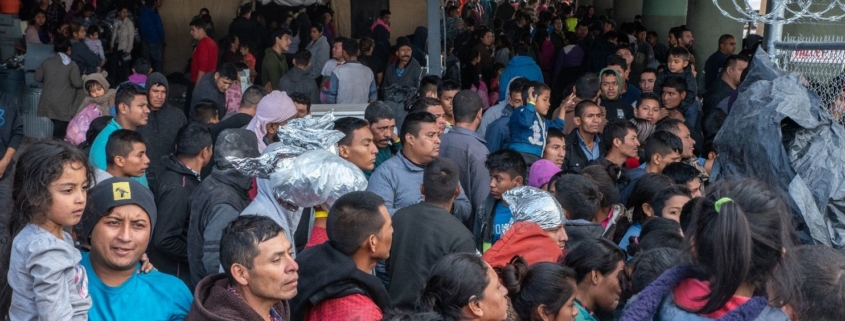
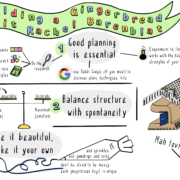
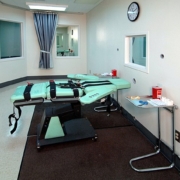
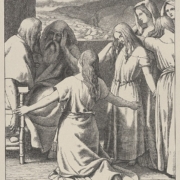
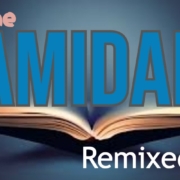
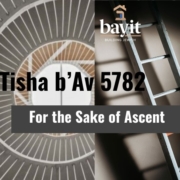


Trackbacks & Pingbacks
[…] The prayer is online (and also available as a downloadable PDF) at Bayit‘s Builders Blog, and you can find it here: Lamentations (Then and Now). […]
Comments are closed.